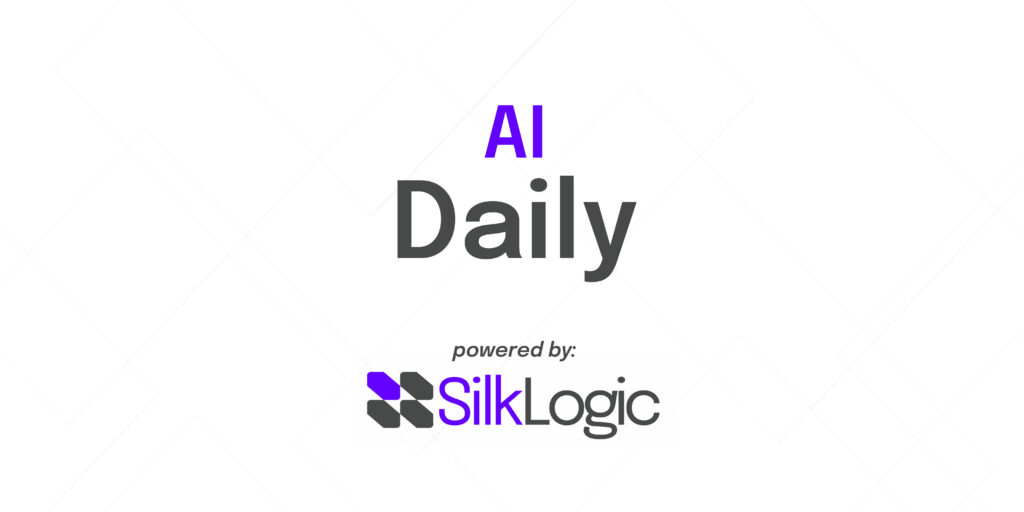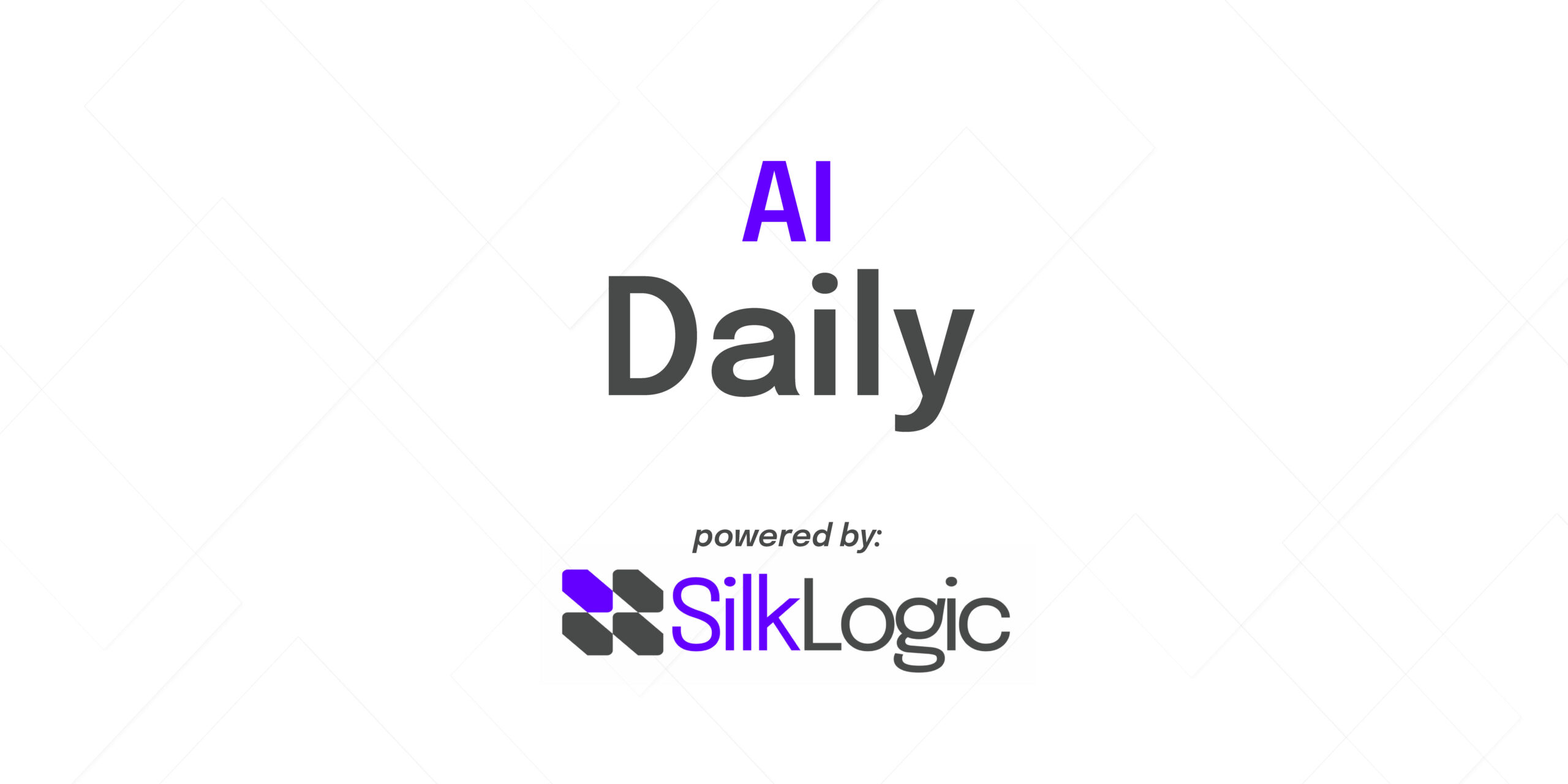Listen to today’s podcast: https://www.youtube.com/channel/UC-nqwUyvLDEvs7bV985k-gQ
AI Daily Podcast — October 28, 2025
Today’s podcast episode was created from the following stories: a mix of defense tech breakthroughs, bold ideas about machine consciousness, the gritty realities of building AI startups, and fresh consumer features rolling out to your devices.
Rise of the killer chatbots
By Will Knight — October 27, 2025
Defense contractor Anduril is testing large language models as a new command layer for autonomous drones, showcasing how LLMs can relay orders and surface mission-critical info without directly controlling weapons. With the Pentagon planning $13.4 billion for AI and autonomy in 2026 and big tech firms winning contracts up to $200 million, the military’s AI push is accelerating—despite today’s models being too unreliable for battlefield decisions. The near-term play: AI as a trusted interpreter and assistant in kill chains, not the trigger-puller.
AI’s next frontier? An algorithm for consciousness
By Will Knight — October 27, 2025
Conscium is betting that consciousness can be detected, measured, and engineered—combining perception-action loops, metacognition, and affect, influenced by work from Mark Solms and Karl Friston. Early lab agents simulate feelings like fear and pleasure to drive behavior, with an eye toward one day merging such systems with language models that can describe inner experience. It’s highly speculative but reframes the debate: if consciousness is composable, the path may be more engineering than mysticism.
How to build an AI startup: Go big, be strange, embrace probable doom
By Sandra Upson — October 27, 2025
Founders say AI tools compress weeks of coding into days or hours, enabling rapid pivots—from teen-led biotech models for protein pesticides to real-time traffic light vision systems and scrappy AI agents. The catch: code is now disposable, so taste, strategy, and speed of iteration matter more than raw building; what survives is the product of relentless experimentation. Ambitions stretch from home robots to space-based data centers—but amid hype, even studies show AI can slow some devs, and most startups still won’t make it.
Präzedenzfall: US-Behörde identifiziert Darknet-Admin mit ChatGPT-Daten
By Stefan Krempl — October 27, 2025
In a first-of-its-kind “reverse AI prompt request,” the U.S. Department of Homeland Security compelled OpenAI to provide account data tied to specific ChatGPT prompts to help identify a suspected darknet forum admin tied to CSAM. While investigators also relied on separate personal clues, the case highlights how chatbot metadata can function like a digital fingerprint, raising serious privacy concerns. The EFF urges AI firms to minimize data retention and be transparent about disclosures as chatbots risk becoming surveillance tools.
Pixel 10’s AI-powered voice translate launches first in the Netherlands
By Jay Bonggolto — October 27, 2025
Google’s new on-device Voice Translate for Pixel 10 enables real-time, two-way call translation using the Tensor G5—no cloud processing, keeping conversations private and fast. The feature is rolling out first in the Netherlands, while users in Germany are still waiting despite official language support, likely due to a phased European launch. Activation runs through Call Assist with downloadable language packs for quick setup.
Google Home app update expands ‘Ask Home’ and smooths performance
By Brady Snyder — October 27, 2025
Version 4.1 of the Google Home app broadens access to Ask Home—an AI-powered, natural-language feature for summaries and complex queries—while fixing UI glitches and improving responsiveness after the 4.0 redesign. Ask Home requires a Google Home Premium subscription, with some users getting it via Google AI Pro/Ultra bundles. It’s a steady step toward conversational control of the smart home, aligning automation with everyday language and context.
Taken together, these stories trace AI’s expanding arc—from the front lines of defense and the philosophy of mind to the scrappy labs and living rooms where new products take shape. As models become assistants in critical systems, companions in our homes, and accelerants for builders, the differentiators will be judgment, transparency, and taste—not just raw capability.





